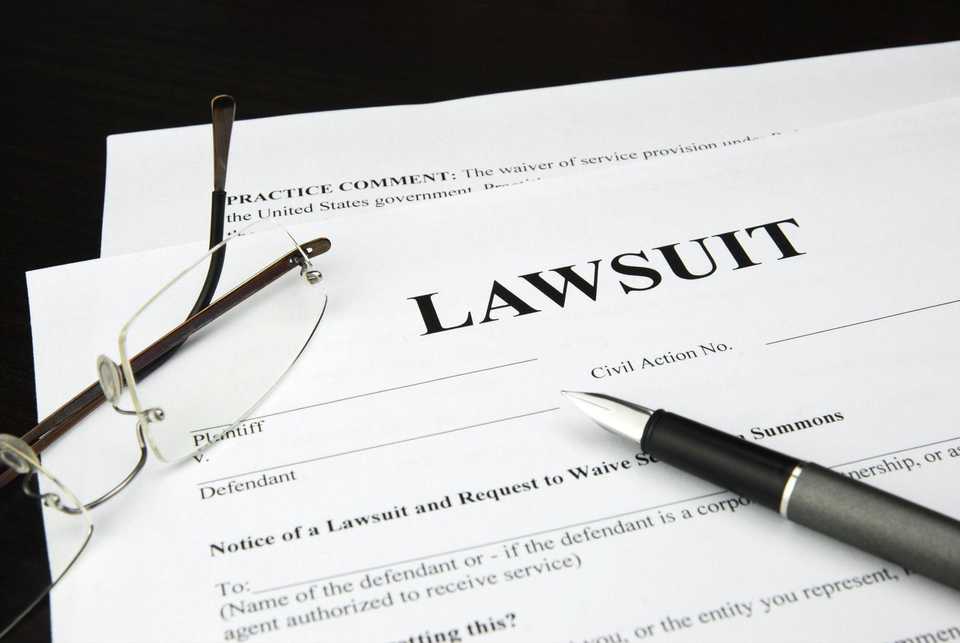Chartered Professional Accountants (CPAs) are trusted with the critical tasks of managing finances, ensuring tax compliance, and providing strategic advice to help businesses and individuals maximize their financial potential.
However, what happens when this trust is broken due to professional negligence?

In this article, JuriGo details the process of addressing professional negligence by an accountant in Ontario, from understanding the role of a CPA to pursuing litigation.
Understanding professional negligence
Professional negligence occurs when a professional fails to perform their responsibilities to the required standard of care, resulting in financial loss, damage, or injury to their client. For accountants, this can encompass a wide range of actions, from simple errors in tax filing to more severe instances of fraud or misconduct.
The role of CPA Ontario
CPA Ontario is a regulatory body established in 2017 under the Chartered Professional Accountants of Ontario Act. It oversees CPAs and accounting firms in Ontario, setting and enforcing standards of professional conduct. Through its complaints and discipline processes, CPA Ontario plays an important role in maintaining the integrity of the accounting profession.
Complaints and standards enforcement
The standards enforcement department of CPA Ontario is the first point of contact for complaints against its members, students, or firms. This department reviews complaints regarding alleged misconduct, ensuring they are within CPA Ontario’s jurisdiction and linked to the professional standards outlined in the CPA Code of Professional Conduct, among other regulatory documents.
| The review process involves determining if the complaint is within CPA Ontario’s jurisdiction, if there’s a connection to the expected professional standards, and if there are facts supporting a breach of these standards. |
|---|
The professional conduct committee
The Professional Conduct Committee (PCC) administers the Code and the Student Code, reviewing complaints and determining potential breaches. This committee operates on an investigative basis, not adjudicative, meaning it doesn’t make final judgments but can issue guidance or admonishment based on its findings.
What is the legal recourse for professional negligence in Ontario?
While CPA Ontario’s disciplinary process plays a vital role in regulating accountants’ professional conduct, it doesn’t provide direct compensation to those financially harmed by an accountant’s negligence. For individuals or businesses seeking compensation, the civil litigation route is available.

When can you sue?
For those contemplating legal action against an accountant for professional negligence in Ontario, it is necessary to prove:
- The existence of a duty of care owed by the accountant: This is generally established by the existence of a professional relationship.
- A breach of this duty through actions or omissions: The plaintiff must prove that the accountant failed to meet the standard of care expected of a reasonably competent accountant under similar circumstances. This often involves comparing the accountant’s actions (or inactions) with what is considered acceptable practice in the field.
- Direct financial loss or damage resulting from the breach: The plaintiff must quantify the financial loss or damage resulting from the accountant’s negligence. This includes actual losses incurred and can also encompass future losses.
This legal process involves filing a lawsuit in court, where both parties can present evidence and arguments. The court then decides on the existence of negligence and the appropriate compensation.
Things to consider before suing
Before proceeding with legal action, it’s essential to consider:
- Time limits: In Ontario, there are time limits for filing a negligence lawsuit, which is important to have your case heard.
- Evidence: Gathering comprehensive evidence, including financial records, correspondence, and contracts with the accountant is necessary for a strong case.

- Legal advice: Consulting with a legal professional experienced in professional negligence can provide insights into the strength of your case and the potential outcomes.
Challenges in proving negligence
One of the primary hurdles is establishing what constitutes a reasonable standard of care in highly technical and often subjective areas of accounting and tax law. Expert testimony is usually required to elucidate this standard and demonstrate how the defendant’s actions deviated from it.
Another challenge lies in proving causation, especially in complex financial matters where multiple factors may contribute to a loss. The plaintiff must convincingly argue that the accountant’s specific negligence was the decisive factor in the loss suffered.
Potential defences
A common defence is to contest the existence of a duty of care, particularly in situations where the accountant was providing informal advice without a formal client relationship.
Another defence is to challenge the assertion of causation, arguing that the losses were due to external factors or the client’s own actions rather than the accountant’s negligence.
Remedies and compensation
If an accountant is found liable for professional negligence, the court may award damages to compensate the plaintiff for their financial loss. This can include:
- Compensation for direct losses, such as additional taxes or penalties incurred.

- Compensation for indirect losses, such as lost investment opportunities.
- In rare cases, punitive damages may be awarded if the accountant’s conduct was particularly egregious.
What are the financial implications?
The financial implications of pursuing a negligence claim are numerous. There’s the potential for recovering losses, which can provide significant relief to individuals or businesses financially impacted by an accountant’s negligence.
However, claimants must also be prepared for the costs associated with legal proceedings, including attorney fees, court costs, and expenses related to gathering evidence. Many law firms offer contingency fee arrangements or initial consultations to discuss the financial viability of the case, which can alleviate some of the upfront financial burdens.
Considering Alternative Dispute Resolution (ADR) methods
Before proceeding to court, parties are often encouraged to explore ADR methods, such as mediation or arbitration. These processes can offer a less adversarial and often more cost-effective resolution to disputes.
For claimants, ADR presents an opportunity to achieve compensation without the uncertainties of a court trial. However, the success of ADR depends on the willingness of both parties to negotiate in good faith.
How can a lawyer help? Find the right one with JuriGo!
Legal professionals specializing in this area provide not only the expertise necessary to navigate the legal system but also a strategic advantage in preparing and presenting your case.
Lawyers have the resources and know how to gather the necessary documentation, including financial records, contracts, and communications with the accountant.
They can also identify and engage expert witnesses who can provide testimony on the standard of care expected within the accounting profession and how the defendant’s actions deviated from these standards.

Additionally, many professional negligence cases are resolved through settlements before reaching trial. A skilled lawyer can negotiate on your behalf, aiming to secure a fair and adequate compensation for the losses incurred.
Should your case proceed to trial, a lawyer will be able to manage all aspects of the litigation process: from filing the lawsuit to presenting arguments and evidence in court - all of which can significantly impact the outcome.
JuriGo can help you find a lawyer near you with experience in professional negligence and a track record of successful outcomes in similar cases!
Our lawyer-matching service is free and with no obligations. Simply fill out the form below and get this process started today!
